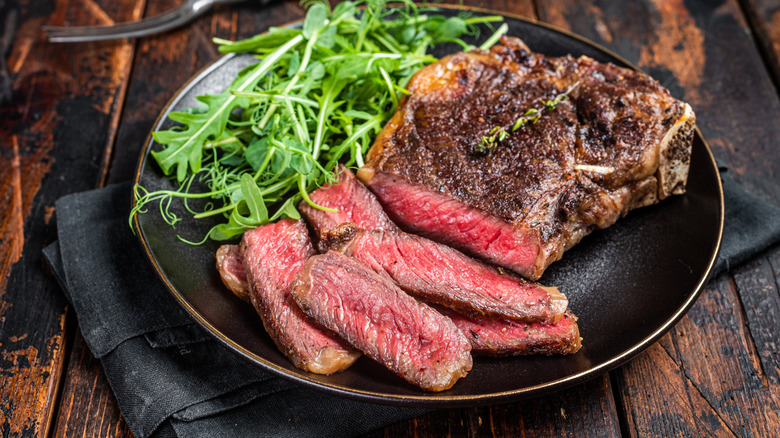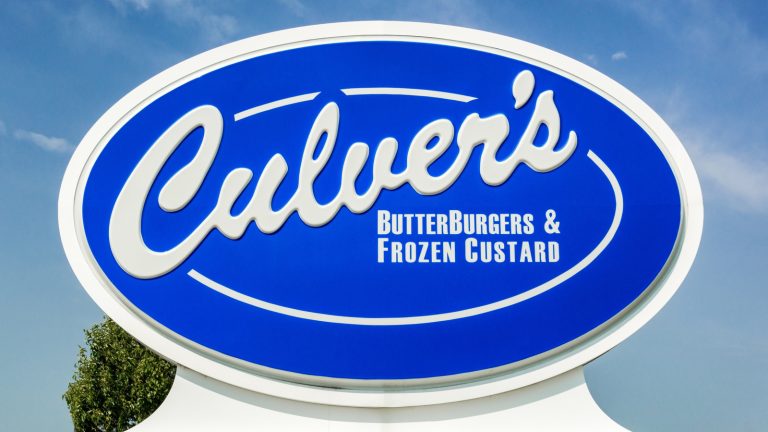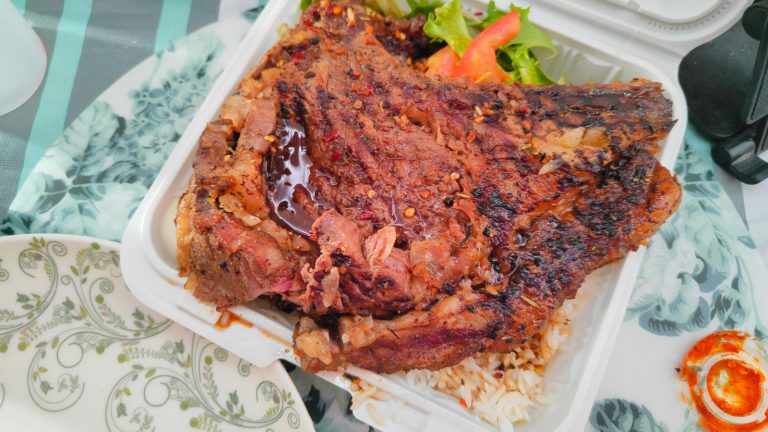It wasn’t too long ago that a hankering for a steak sent you on a trip to your local grocery store. These days, more and more people with that same craving are picking up their phones and, with a few swipes and taps, ordering the exact cut of beef they want, from a farmer whose practices and values align with their own, and at a price comparable to what they’d find at their supermarkets. It’s no wonder that meat delivery services are expected to grow at an annual rate of 15% over the next 10 years and increase their revenue from $1.7 billion to $7.1 billion in the decade between 2024 and 2034, according to a market research report from Fact.MR.
Many people buy meat from a mail-order company for the same reason they buy meat from a butcher shop: quality. While there are retailers with high-quality meat departments, online meat purveyors tend to source higher-quality products — focusing on prime and choice cuts with greater levels of marbling — as well as butcher their meats to meet certain flavor standards. Grocery stores, on the other hand, are more likely to offer choice and select cuts, which are leaner and less flavorful, and less expensive.
Online meat sellers go beyond standard fare
The focus on flavor also means you can buy cuts from an online store that you can’t always get at a grocery store. Although being able to order custom cuts of meat may be one of the free services at Whole Foods’ butcher counter, supermarkets tend to stock more standard fare, like tenderloin, ribeye, flank, and skirt steaks, but you’ll have to go searching online or your local butcher for Picanha or Denver steaks. If you prefer your meat hyphenated — e.g., dry-aged, grass-fed, koji-rubbed — online is also the way to go.
Online meat sellers often get their meat directly from farmers and ranchers, minimizing the supply chain, and also giving customers the opportunity to know exactly who is supplying their meat. Valor Provisions, for example, sources its beef from two veteran-owned independent suppliers, KC Cattle Company for Wagyu steaks and Little Belt Cattle Company for Black Angus meats. Many online sellers, like Valor Provisions and Force of Nature, also make sure their suppliers follow ethical, sustainable, and regenerative practices. Still, the Good Meat Project, which works with companies along the supply chain to enable what it calls ethical meat production practices, says you can buy meat that is produced to its standards at grocery stores. Understand label claims and certifications, work with store’s butchers instead of purchasing meat from the meat case, and know how to cook both tender and tough cuts of meat properly, the organization advises.
Concerns about price and food safety
One concern about buying from mail-order meat companies is price. While many online meat purveyors do sell expensive cuts of meat, Valor Provisions says that by cutting out the middleman it is able to offer its products reliable prices. Valor and other online sellers offer memberships and subscriptions that bring down the cost substantially. Valor’s Steakholder membership, available for a one-time fee of $100, gives members 30% to 80% off regular prices as well as limited-time offers. So, according to a company spokesperson, a Steakholder member could end up paying $16.99 to $19.99 per pound for a Black Angus ribeye, compared to $21.99 to $25.99 per pound at Safeway.
Since the meat is being shipped directly to you, another concern is food safety. The USDA offers tips for making sure the meat you receive is safe. Make sure any meat you buy is shipped cold or frozen and packed with something to keep it at a temperature of 40 degrees Fahrenheit or below, the agency says. Ideally, the meat should be shipped overnight. Upon opening the package, use a meat thermometer to check that the meat is at still 40 degrees Fahrenheit or below. Do not eat any meat that arrives at a higher temperature, the USDA advises.
Should you put a stake in the ground and buy meat from an online seller? If you are a committed carnivore, want high-quality meats, a personal touch, and fair prices, perhaps it’s time to start tapping for that T-bone.







